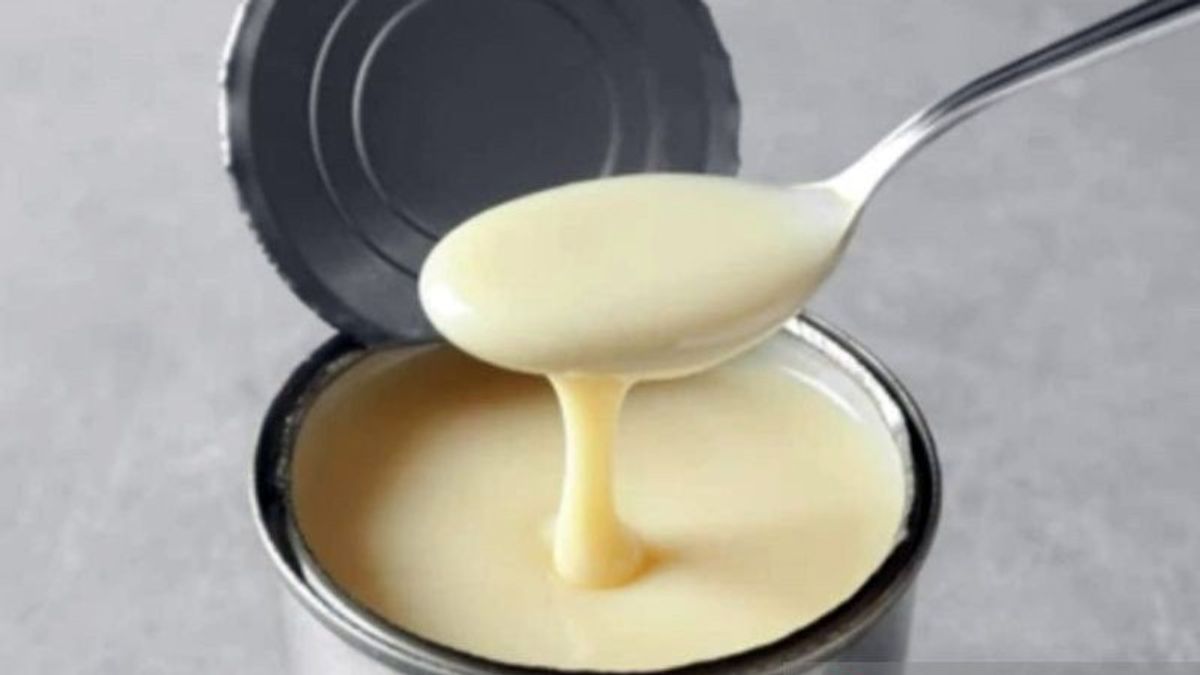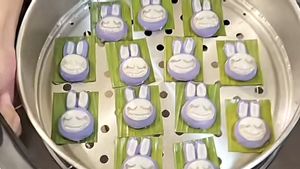JAKARTA - Children's age is the initial crucial period of life that will determine the preferences for the taste they like. Therefore, the amount of thickness of sweetness is not recommended to be given to children regardless of the amount.
According to nutritionist dr. Davrina Rianda, M. Nutrition, giving strong and sweet to children can result in impaired taste preferences so that consumption behavior of sweet foods or drinks has the potential to become a habit that is difficult to eliminate.
"Is there a limit to that? If I may say, it is not allowed (to provide sweet condensed milk to children). Because this is actually the same as we introduce sweet tea ice to children. We need to see the thickness of sweet sugar, maybe it's an easier way to see it because it contains high sugar," said Davrina, quoted from ANTARA, Friday, November 8.
The researcher from the Human Nutrition Research Center (HNRC) IMERI-FKUI said the brain work system at the age of children actually cannot control the desire not to eat sweet foods/drinks for rational reasons.
This is different from adults who are able to make decisions after knowing the various consequences.
'Children can't control the desire that, 'Oh, this (cold condensed consumption) isn't allowed because later I have a metabolic risk'. Children can't get there (the cognitive process). We explain that you have to be real, you can't have an abstract concept yet," explained Davrina.
Based on this, he added, it will be more challenging to restore preferential tastes that are better for children if the parents already introduce and provide a sweet viscous.
Davrina agrees that changing people's perception that condensed milk is not a milk product is a challenge in itself. Therefore, she agrees, products that have been known as sugary condensed milk (SKM) only need to be called sweet kentals because these products do not turn into milk after brewing with water.
SEE ALSO:
Healthy milk contains calcium and other vitamins while thick and sweet does not contain these nutrients. He noted, even four tablespoons of thick sugar are equivalent to 19 grams of sugar.
The habit of consuming sweet food/drinks from an early age is closely correlated with the risk of obesity or obesity followed by potential diabetes.
Davrina said the habit of consuming thickness is also related to the risk of stunting. This condition is increasingly worrying because it can inhibit children's growth.
"Parents may not know that in the early days of life, the child's metabolism was being programmed. So, if for example there was a disturbance at the beginning of life, it would be a long-term impact. Later there will be a risk of diabetes and other non-communicable diseases," said Davrina.
The English, Chinese, Japanese, Arabic, and French versions are automatically generated by the AI. So there may still be inaccuracies in translating, please always see Indonesian as our main language. (system supported by DigitalSiber.id)












